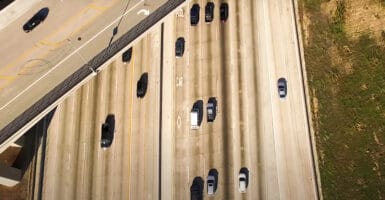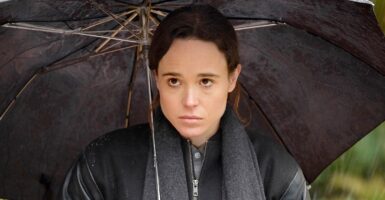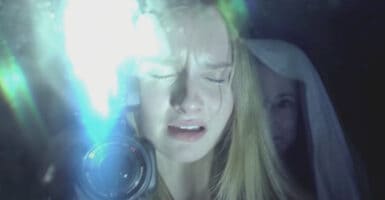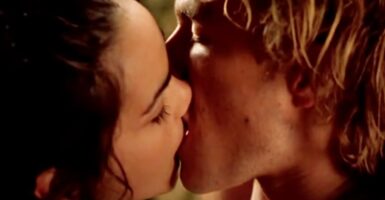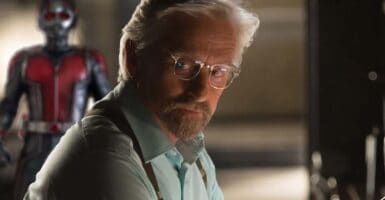The Big Bang Theory Has Been Debunked?
The James Webb Space Telescope has been gathering new images of galaxies never seen before, but these new galaxies could debunk the Big Bang Theory.
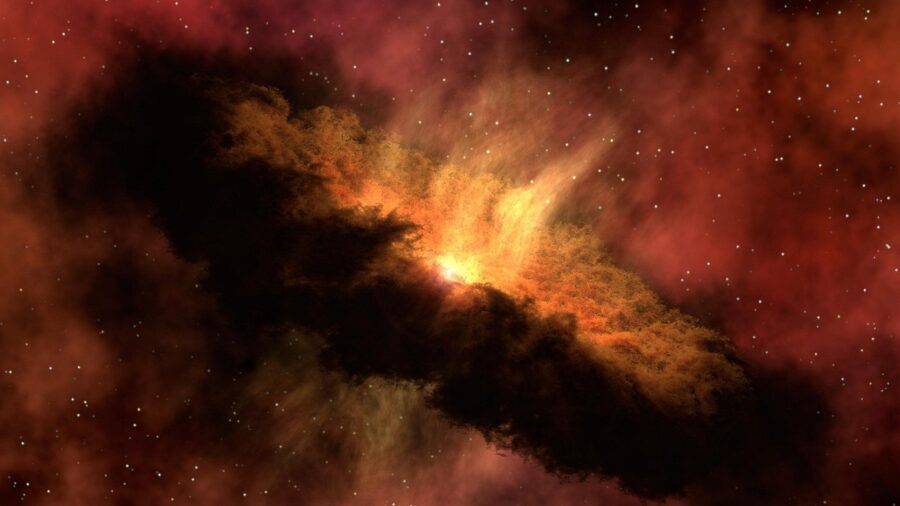
Science appreciators around the world have been pleased with the new images being produced by the James Webb Space Telescope. This new highly advanced telescope has showcased images of the stairways that no one has ever seen before. While the public has been transfixed by how many new galaxies, stars, and more have been shown, it has caused a panic among astronomers and cosmologist communities. One of the growing concerns for these new images is that it has begun to produce papers that might be indirectly stating that the Big Bang Theory has been debunked, which would be massively heartbreaking for many people.
Many scientists have been studying these new images and determining evidence that has stood for many years. The big bang theory essentially states that the universe began some 14 billion years ago in an incredibly hot and dense state that has been expanding ever since. However, the characteristics of the galaxies that are furthest away should be huge and contain a “red shirt” to their light. What the James Webb Telescope has discovered is that those galaxies are the complete opposite. An astronomer at the University of Kansas in Lawrence, Alison Patrick, spoke about this new evidence with great panic. According to Patrick, “Right now I find myself lying awake at three in the morning and wondering if everything I’ve done is wrong.”
The new evidence would debunk the Big Bang Theory in a big way, as the initial idea is the universe exploded into existence and began to expand. In fact, it should be ever-expanding. But the new galaxies found are said to be older than when the Big Bang was said to have initially occurred. The young stars in those far galaxies should be hot and blue in color, as most young stars are. However, the stars being discovered are all cooler and reddish in color, indicating they are older than when the Big Bang would have occurred. Naturally, these new findings would have a massive impact on the scientific community. The Big Bang Theory being debunked would result in years of research being useless, in a sense. More importantly, the religious community that has believed that a singular god created the universe and accompanying stars would have some much better ground to stand on.
The Big Bang Theory was initially devised in 1931. Should it be debunked, it would cause scientists to rethink their entire careers. The astronomer that voiced her panic is just one of the many people that would likely lose sleep over such a massive discovery. The scientific community might continue to be in an uproar when more galaxies are discovered by the James Webb Space Telescope.
Science uses hypotheses and theories to determine and test anything in the known universe. However, years of research and data might be deemed wrong should the Big Bang Theory truly be debunked. If it is debunked, it might cause an existential crisis for astronomers, cosmologists, and regular people. Those who have rejected the idea of God, but adopted the Big Bang, would then have to ask themselves: “where did all these galaxies come from?”

